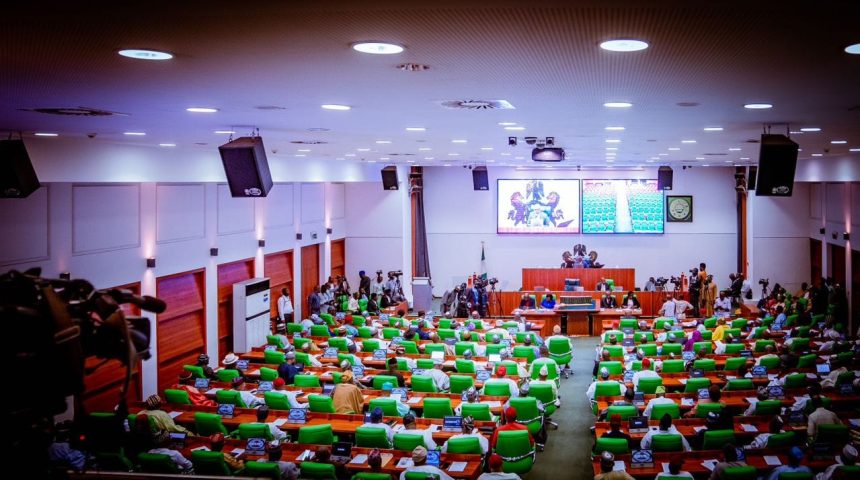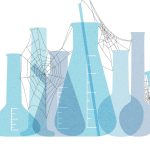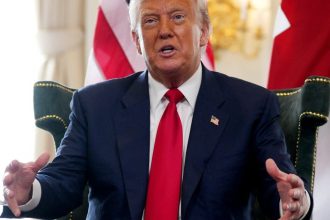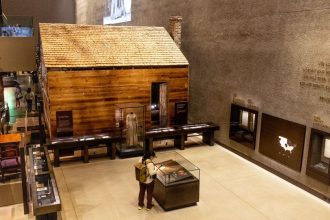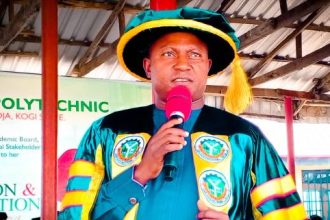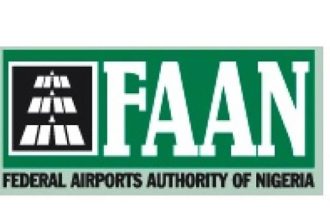The House of Representatives Committee on the Nigeria COVID-19 Action Recovery and Economic Stimulus has commenced an investigation into the programme amid growing public concerns over its alleged inability to provide meaningful assistance to the vulnerable Nigerians it was intended to support.
Addressing journalists in Abuja at the National Assembly Complex, the Committee’s Chairman, Abubakar Kusada (Katsina, APC), said the investigation stemmed from several complaints that the multi-billion-naira intervention scheme yielded little benefits to the targeted beneficiaries.
NG-CARES, jointly financed by the Federal Government and the World Bank, was designed to mitigate the economic impacts of the COVID-19 pandemic, the removal of fuel subsidies, and the unification of exchange rates.
The programme, implemented across all 36 States and the Federal Capital Territory through various state-level platforms, is in the final year of its first four-year phase and will come to an end in December 2025.
With a total budgetary commitment of $696m (₦1.06tn) and the last tranche recently disbursed, Kusada expressed dissatisfaction that many of the poorest and most economically disadvantaged Nigerians have yet to see any real improvements in their living conditions.
He explained that NG-CARES is structured around three core result areas of social safety nets and basic services, food security and agriculture, and the recovery and resilience of micro, small, and medium enterprises.
These areas encompass initiatives such as cash transfers, public works programmes, livelihood support, farm inputs, infrastructure enhancement, matching grants, and ICT support for small businesses.
However, Kusada pointed out that despite states receiving billions of naira for these interventions, evidence of positive impact on the ground remains scarce.
Exercising its oversight powers under Sections 88 and 89 of the Constitution, the Committee said it will investigate possible mismanagement or diversion of NG-CARES funds, determine whether the programme has delivered value for money, and scrutinise procurement processes for inflation or irregularities.
He said, “It will also review the performance of independent verification agents and third-party monitors, assess fairness in fund allocation to states, and evaluate the capacity of state-level delivery platforms, including the adequacy of training for implementing agencies
“If funds have been utilised as intended, Nigerians must be informed of how and where to access the benefits. If misappropriated, those responsible will be held to account and the money recovered. Where oversight or procurement systems have failed, we will involve the relevant anti-corruption bodies
“The Committee will see to it that every kobo spent translates into real and measurable improvements in people’s lives.
“If the programme is successful, the results should be evident. If it is not, corrective actions must be taken immediately.”


